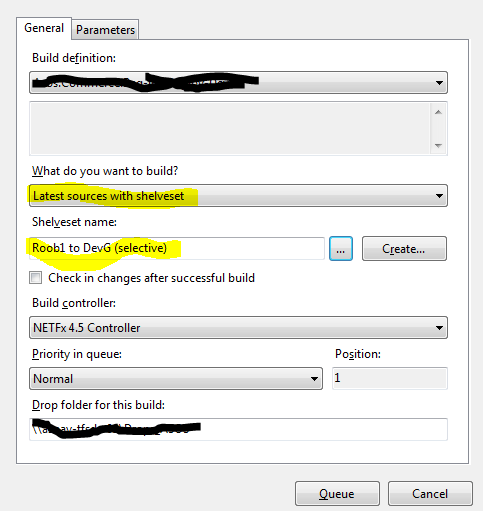Async/Await Revisited
I put up an article back in November '14 about using async/await for a toy project I had created. I have now had a chance to use it for "real work" and, as a result, have had a chance to research the language feature in more depth and have come up with a list of considerations, resources, gotchas and tid-bits. Must Reads There is a lot of literature available for this feature and plenty of MSDN articles and Stack Overflow related help, however, I'd highly recommend the following books for greater insight into TAP, TPL and async/await: CLR via C# (Fourth edition for async/await content), Jeffrey Richter Concurrency in C# Cookbook, Stephen Cleary Async in C# 5.0 , Alex Davies Blogs by the latter two also cover this feature in great detail. They all overlap in their coverage on async/await. As an aside, the first book I would recommend to any serious C# developer anyway, I'd say its on a par with the "C Programming langu...
